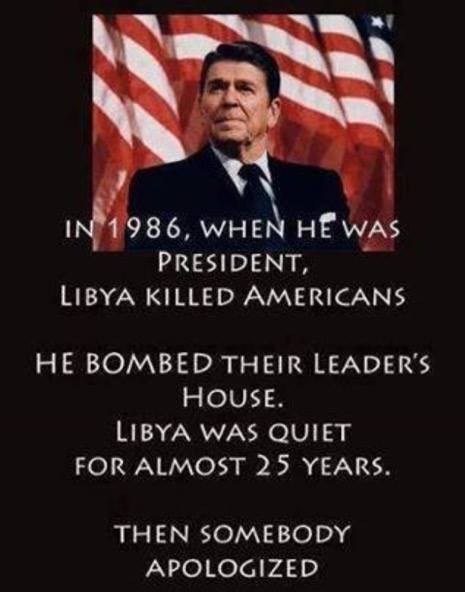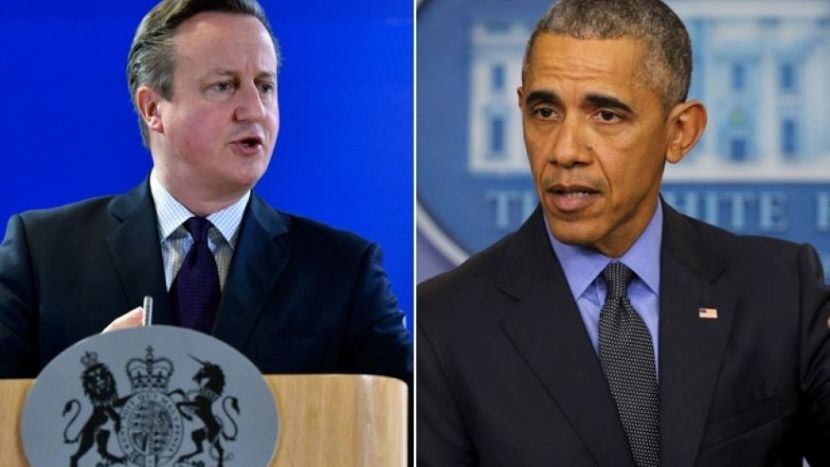On Friday, Donald Trump barred citizens of seven Muslim-majority countries – Iraq, Syria, Iran, Sudan, Libya, Somalia and Yemen – from entering the United States for at least the next 90 days.
He also suspended the US refugee programme for 120 days, specifically banning Syrian refugees until further notice, reduced the number of refugees who would be admitted this year to 50,000 and specified that refugees who were from a religious minority and fleeing religious persecution should be prioritised.
A federal judge has blocked part of Trump’s executive order, ruling that travellers who have already landed in the US with valid visas should not be sent back to their home countries, and protests in response to passport holders from some Arab countries, including US green card holders, being blocked from passing through customs or prevented from boarding US-bound planes, have taken place at airports across the country.
But this is not the first time that the US has banned immigrants from its shores. Over the past 200 years, successive American presidents have placed restrictions on the immigration of certain groups.
Here are six occasions when laws have been passed to restrict some people from entering the country.
READ MORE: Donald Trump’s #MuslimBan sparks outrage and fear
Exclusion of the Chinese
President Chester A. Arthur.
Signed on May 6, 1882.
The Chinese Exclusion Act, which banned “skilled and unskilled labourers and Chinese employed in mining” from entering the US for 10 years, was the first significant law restricting immigration to the country. It came at a time when the US was struggling with high unemployment and, although Chinese made up a very small segment of the country’s workforce, they were nevertheless scapegoated for its social and economic woes.
The law also placed restrictions on Chinese who were already in the US, forcing them to obtain certificates in order to re-enter if they left the country and banning them from securing citizenship.
The act expired in 1892 but was extended for a further 10 years in the form of another – the Geary Act. This placed additional restrictions on Chinese residents of the country, forcing them to register and to obtain a certificate of residence, without which they could be deported.
This changed in 1943 with the Magnuson Act – which allowed some Chinese immigration and for some Chinese already residing in the country to become naturalised citizens, but which maintained the ban on property and business ownership. This came at a time when China was a US ally during World War II.
Jewish refugees during World War II
President Franklin D. Roosevelt.
As millions of people became refugees during World War II, US President Franklin D Roosevelt argued that refugees posed a serious threat to the country’s national security. Drawing on fears that Nazi spies could be hiding among them, the country limited the number of German Jews who could be admitted to 26,000 annually. And it is estimated that for most of the Hitler era, less than 25 percent of that quota was actually filled.
In one of the most notorious cases, the US turned away the St Louis ocean liner, which was carrying 937 passengers, almost all of whom are thought to have been Jewish, in June 1939. The ship was forced to return to Europe, where more than a quarter of its passengers are thought to have been killed in the Holocaust.
Anarchists banned
President Theodore Roosevelt.
Signed on March 3, 1903.
In 1903, the Anarchist Exclusion Act banned anarchists and others deemed to be political extremists from entering the US.
In 1901, President William McKinley had been fatally shot by Leon Czolgosz, an American anarchist who was the son of Polish immigrants.
The act – which was also known as the Immigration Act of 1903 – codified previous immigration law and, in addition to anarchists, added three other new classes of people who would be banned from entry: those with epilepsy, beggars and importers of prostitutes.
The act marked the first time that individuals were banned for their political beliefs.
READ MORE: EU looks to fund camps in Africa to cut immigration
Communists banned
Passed by Congress on August 23, 1950, despite being vetoed by President Harry Truman.
The Internal Security Act of 1950 – also known as the Subversive Activities Control Act of 1950 or the McCarran Act – made it possible to deport any immigrants believed to be members of the Communist Party. Members of communist organisations, which were required to register, were also not allowed to become citizens.
Truman opposed the law, stating that it “would make a mockery of our Bill of Rights”.
Sections of the act were ruled unconstitutional by the Supreme Court in 1993. But some parts of the act still stand.
Iranians
President Jimmy Carter, April 7, 1980.
Following the 1979 Iranian hostage crisis, during which the US embassy in Tehran was stormed and 52 Americans were held hostage for 444 days, American President Jimmy Carter cut diplomatic relations with and imposed sanctions on Iran. He also banned Iranians from entering the country.
Today, Iranians have again been banned – one of seven Muslim majority countries included in Trump’s executive order.
Ban on HIV positive persons
Under President Ronald Reagan, the US Public Health Service added Aids to its list of “dangerous and contagious” diseases. Senator Jesse Helms’ “Helms Amendment” added HIV to the exclusion list.
In 1987, the US banned HIV positive persons from arriving in the US. The laws were influenced by homophobic and xenophobic sentiment towards Africans and minorities at the time, as well as a false belief that the HIV virus could be spread by physical or respiratory contact. Former US President Barack Obama lifted it in 2009, completing a process begun by President George W Bush.














